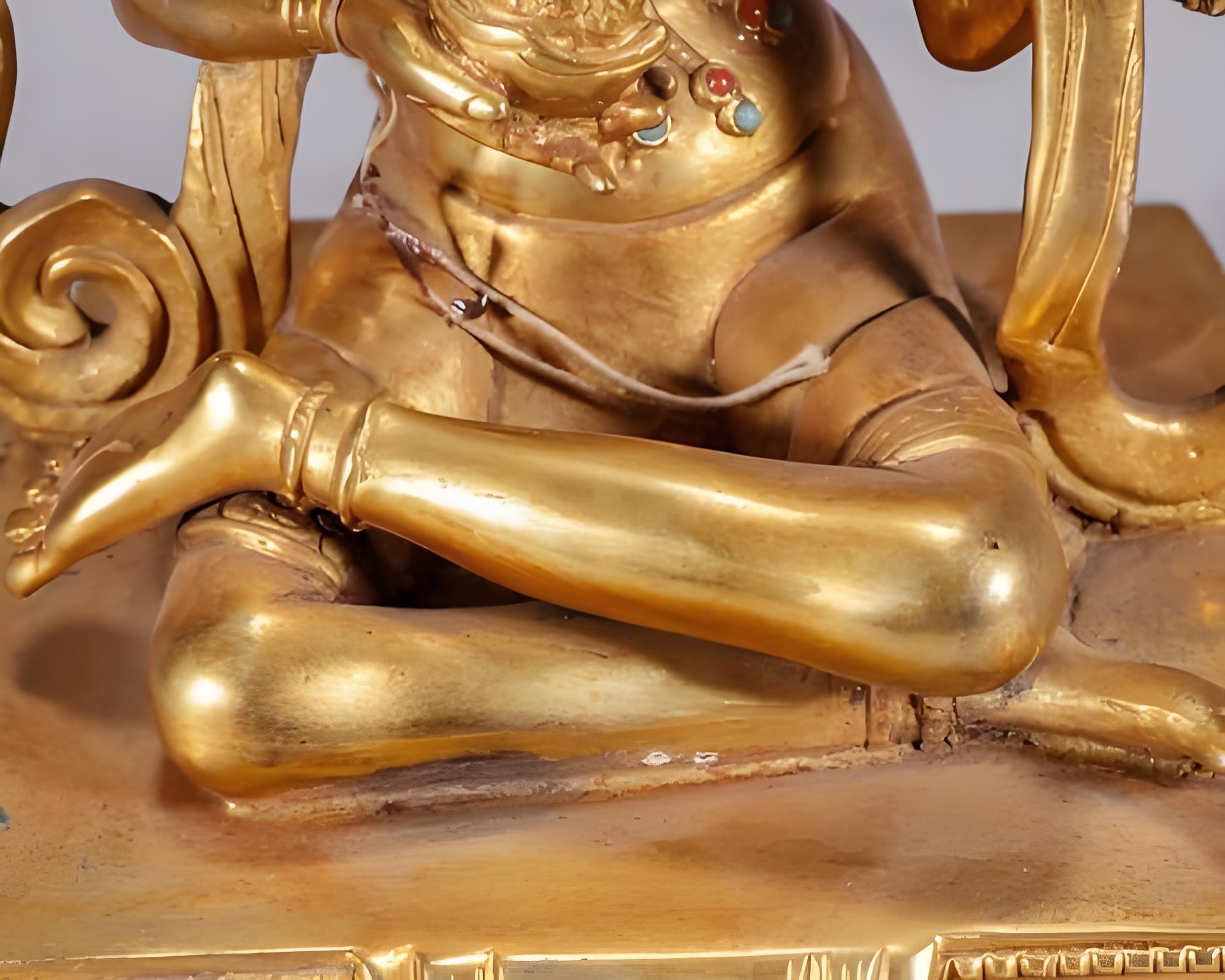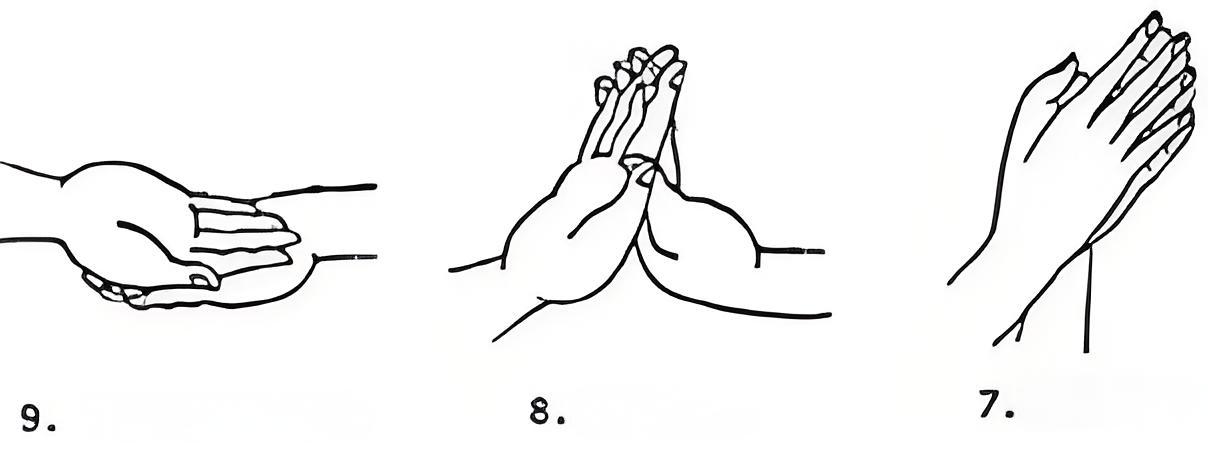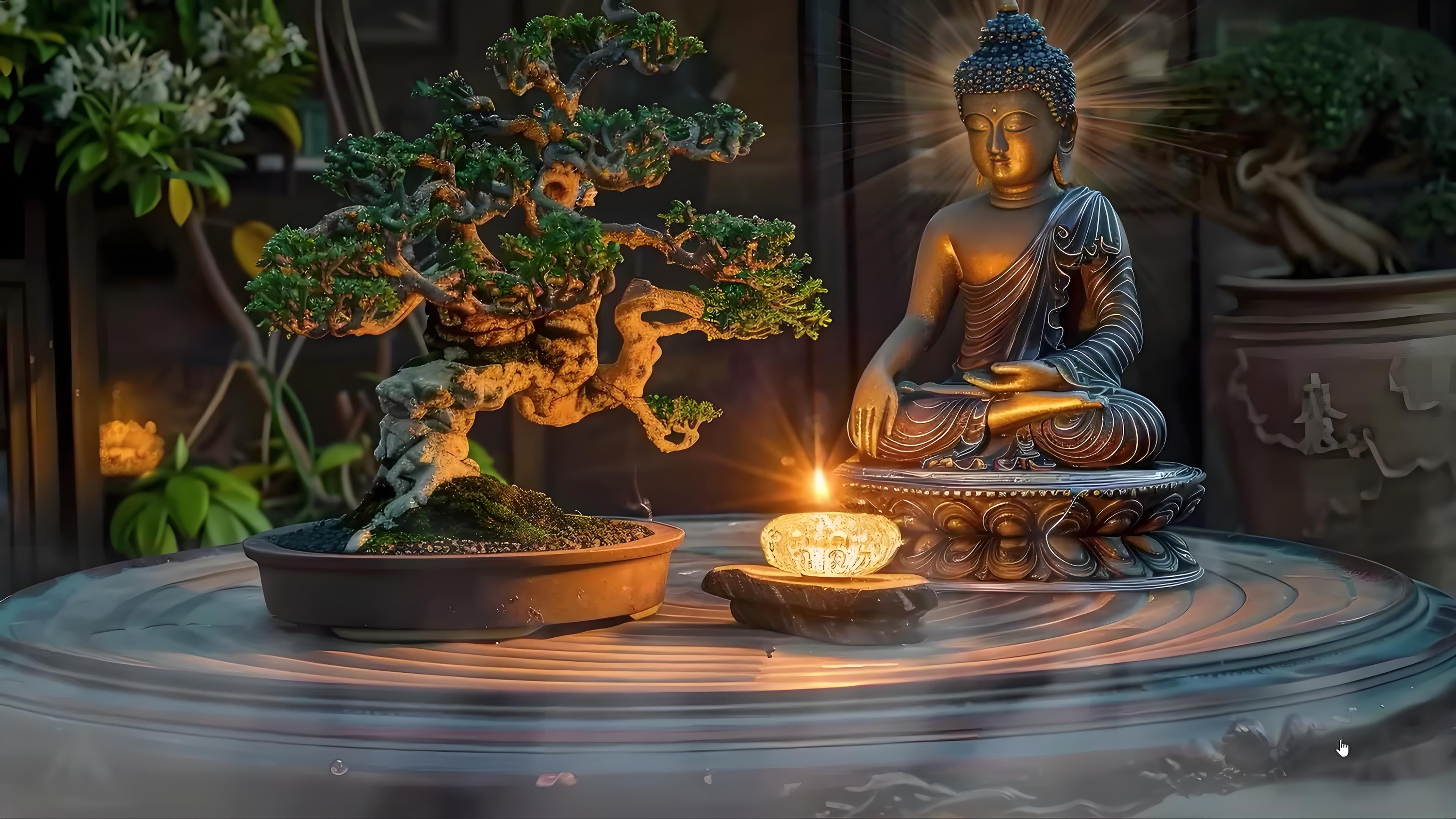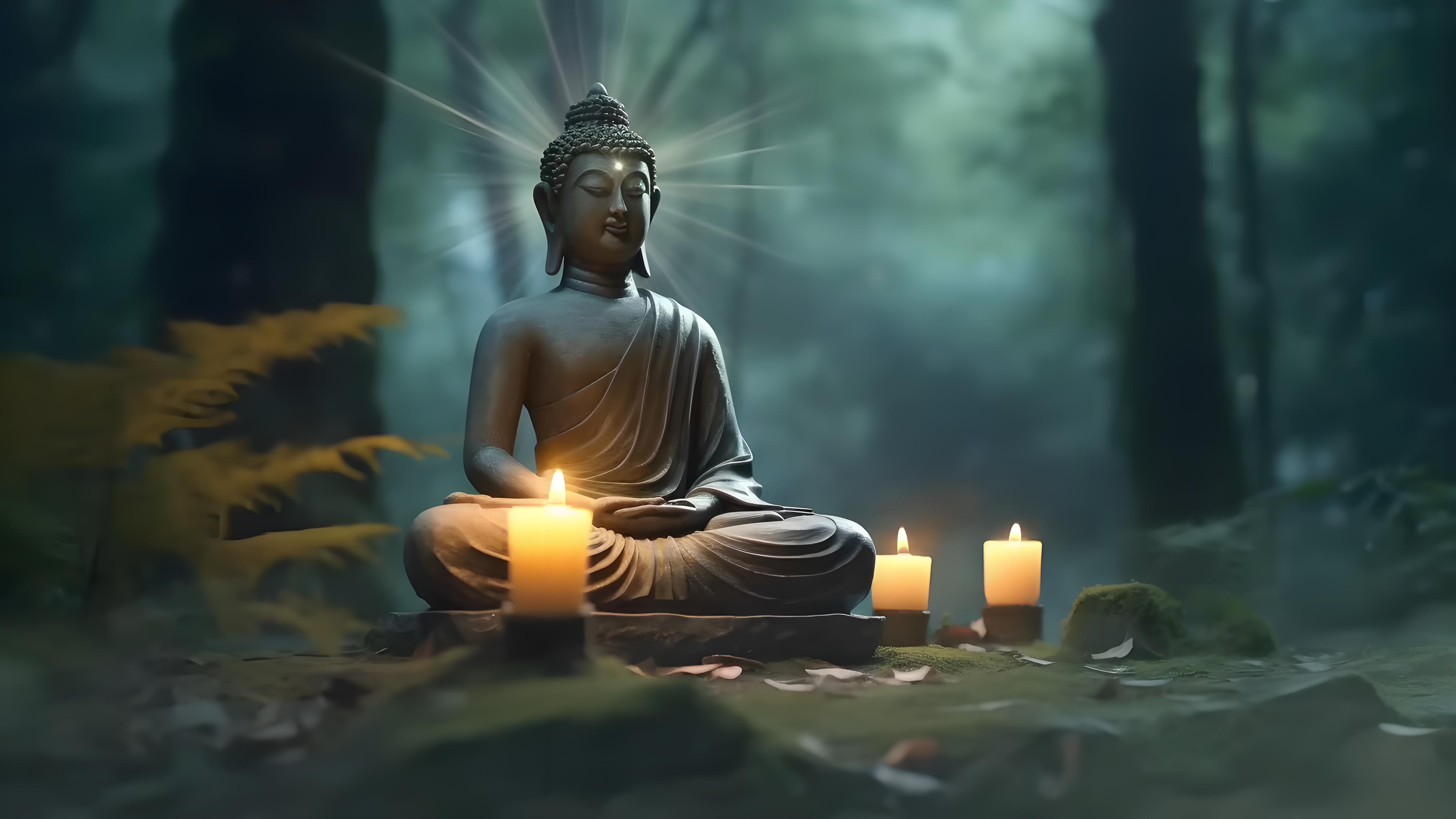type
status
date
slug
summary
tags
category
icon
password
AI summary
The concept of rebirth is central to Buddhist philosophy. Indeed, it's one of the most frequently asked questions about the religion. Many people are curious about what happens after death. This concept differs from the idea of a soul moving to heaven or hell. Therefore, it's important to understand the nuances of Buddhist thought on this topic. Let's explore what Buddhism reincarnation actually entails.

Does Buddhism Believe in Reincarnation?
Yes, Buddhism does indeed believe in reincarnation. However, it’s crucial to understand what this specifically means within the context of their teachings. Unlike some other traditions, Buddhists don't believe in the transmigration of a soul. Instead, the idea centers around a continuous cycle of rebirth. Furthermore, this cycle is driven by karma. This process is not the same as the Western view of a soul inhabiting a new body. Therefore, the Buddhist understanding of rebirth is quite unique.
Instead, reincarnation in Buddhism focuses on the continuation of consciousness. This awareness is not a fixed entity, but rather a stream of mental and physical processes. Consequently, this stream flows onward from one life to the next. Furthermore, this ongoing process is influenced by one's actions and intentions. In other words, it's karma that propels this cycle. So, understanding karma is essential to understanding Buddhist reincarnation.
The Cycle of Rebirth
This process of rebirth is known as samsara. It’s a cycle of continuous life, death, and rebirth. This wheel of existence is characterized by suffering. Moreover, the goal of Buddhist practice is to break free from this cycle. However, this isn't simply achieved through death. Rather, it's achieved through enlightenment. Therefore, the concept of liberation, or nirvana, is incredibly important.
Furthermore, actions in this life determine the conditions of the next. These conditions are not a punishment or a reward. They're simply the natural consequences of past behavior. The Buddha taught that all beings are subject to this cycle. Therefore, our experiences, both good and bad, are shaped by this process. So, it's crucial to understand how actions impact future experiences.
The Role of Karma in Buddhist Rebirth
Karma is the driving force behind reincarnation in Buddhism. It’s the principle of cause and effect. Every action, thought, and intention leaves an imprint. Therefore, these imprints shape future experiences. In this way, karma is not fatalistic. Indeed, it’s a process of personal responsibility. As such, each being has the power to shape their future.
Furthermore, karma is not just about what we do. It's also about why we do it. Intentions are critical. Thus, even small acts of kindness can have a positive impact. Similarly, negative actions create negative consequences. Therefore, mindfulness is critical to cultivating beneficial karma. For this reason, Buddhist practice encourages compassionate actions and thoughts. This allows us to move toward breaking free from the cycle of rebirth.

What Happens at Death?
The moment of death is a pivotal point in the process of Buddhism reincarnation. However, there is no individual "soul" that departs. Instead, the consciousness, fueled by karma, seeks a new form of existence. Additionally, this new existence depends entirely on past actions. Therefore, the new life may be in one of several realms.
These realms range from states of great pleasure to those of great suffering. This reflects the varying karmic energies that shape rebirth. Moreover, the ultimate goal is to transcend all of these realms. Thus, it's not about achieving a better rebirth. It's about escaping the cycle altogether. Consequently, understanding the realms of existence is crucial. This helps to grasp the nature of the process.
Different Realms of Existence
Within Buddhist teachings, there are six primary realms of existence. These realms are not literal places. Instead, they are symbolic of different states of consciousness. Therefore, they provide insight into the conditions of rebirth. The realms are: the god realm, the asura realm, the human realm, the animal realm, the hungry ghost realm, and the hell realm.
The god realm represents a state of immense pleasure. However, even this is impermanent. The asura realm is one of jealousy and competition. Then, the human realm is characterized by both suffering and opportunity. Animals experience instinct and limited awareness. Hungry ghosts suffer from insatiable desires. Finally, hell realms represent intense suffering and anguish. Therefore, understanding these realms helps us to grasp the nuances of reincarnation in Buddhism.
Breaking Free from the Cycle
The core teaching of Buddhism is that suffering is inherent to the cycle of rebirth. But also, the potential for liberation is always present. The goal of Buddhist practice is not to get a better rebirth. Instead, it is to achieve enlightenment. This liberation, nirvana, is the cessation of the cycle. This is achieved by eradicating ignorance and attachment. This process involves meditation, ethical conduct, and wisdom. Thus, Buddhist practice aims to transform our karma and break free from the cycle.
Furthermore, reincarnation in Buddhism is not viewed as something to be feared. Instead, it's a process to understand and transcend. By engaging with the teachings, practitioners gain insight into the nature of reality. So, as one understands the nature of their own mind, they move closer to liberation. In this way, reincarnation in Buddhism is a key motivator. It guides practitioners towards their ultimate goal of enlightenment.

Reincarnation vs. Transmigration
A key distinction within Buddhism reincarnation is the rejection of a fixed soul. Many other religions posit a soul that transmigrates from one life to another. However, Buddhism teaches that there is no permanent self or soul. Instead, the concept of anatta is central to the teachings. This means that there is no unchanging, permanent essence. Therefore, the idea of a soul is inconsistent with Buddhist thought.
Rather, it is karma that flows into a new form, like a flame passing to another candle. This passing is not the movement of an object. It's the continuation of a process. Moreover, the process of rebirth is also affected by other factors. For example, consciousness is also shaped by environment and circumstance. Therefore, it's essential to understand this in relation to Buddhism reincarnation.
Understanding the Concept of Consciousness
The Buddhist idea of consciousness is crucial in understanding reincarnation in Buddhism. It’s not just a singular thing. Instead, it is an ever-changing stream of mental states. This includes feelings, thoughts, and perceptions. These processes arise and pass away continuously. So, there's no unchanging essence that persists. Instead, the stream of consciousness carries the karmic imprints forward.
Furthermore, this consciousness is influenced by our actions and intentions. Therefore, the kind of consciousness that manifests in the next life depends entirely on our karma. So, one might say that past actions become the seed for the future. Thus, it highlights the importance of mindfulness in this life. It will profoundly affect future experiences.
The Importance of Ethical Conduct
Ethical conduct plays an important role in reincarnation in Buddhism. The actions that we take have an impact. Consequently, they shape our future experiences. By engaging in compassionate behavior, we create positive karmic seeds. These seeds lead to more beneficial rebirths. On the other hand, unethical conduct creates negative seeds. These will result in greater suffering.
Therefore, the Buddhist path emphasizes the importance of living ethically. This entails adhering to the five precepts. These are not to kill, not to steal, not to engage in sexual misconduct, not to lie, and not to use intoxicants. Moreover, actions, speech, and thoughts should all be virtuous. As a result, ethical conduct not only benefits others. It also creates positive karmic momentum.

Applying the Teachings to Daily Life
The concept of reincarnation in Buddhism isn't just about the afterlife. It has a practical application in daily life. Understanding how our actions affect the future allows us to be more mindful. This mindfulness allows for greater intentionality. As a result, it helps us to cultivate positive habits. This is applicable both internally and externally. Therefore, we can consciously choose to act with compassion.
Furthermore, when faced with difficult situations, we can view them through a karmic lens. This allows us to see our experiences not as random events. Instead, we can understand them as a consequence of past actions. Consequently, this perspective helps us to take responsibility for our lives. Thus, it encourages us to respond with wisdom and compassion.
The Purpose of Buddhist Practice
Ultimately, the purpose of Buddhist practice is not to simply get a better rebirth. While that is a natural consequence of ethical actions, it's not the primary goal. Instead, the main objective is to end the cycle of suffering altogether. This is the core idea behind the concept of Buddhism reincarnation. The teachings guide us toward that end.
Therefore, liberation, nirvana, is the ultimate goal. This state is the freedom from the cycle of rebirth. It is achieved through the cultivation of wisdom and compassion. Meditation and mindfulness help us to understand the true nature of reality. As we recognize the impermanent nature of things, our attachment to ego weakens. As a result, liberation is seen as a natural outcome of inner transformation.
Further Exploration
For anyone wanting to delve deeper into reincarnation in Buddhism, there are numerous resources available. There are many Buddhist texts that shed light on the concept. In addition, Buddhist teachers offer guidance on practice. This further allows for exploration of these concepts in the proper context. Exploring different Buddhist traditions also provides unique insight.
Furthermore, engaging with a Buddhist community can enrich one's understanding. Discussions with other practitioners can offer valuable perspectives. Therefore, studying and practicing can bring these teachings to life. It will also provide a more profound understanding of the principles of reincarnation in Buddhism.
Loading...






